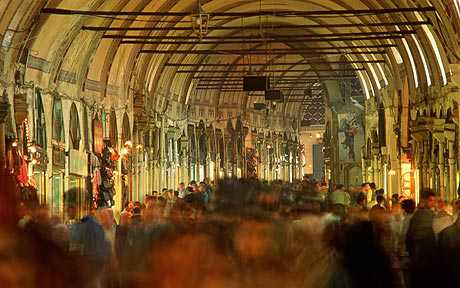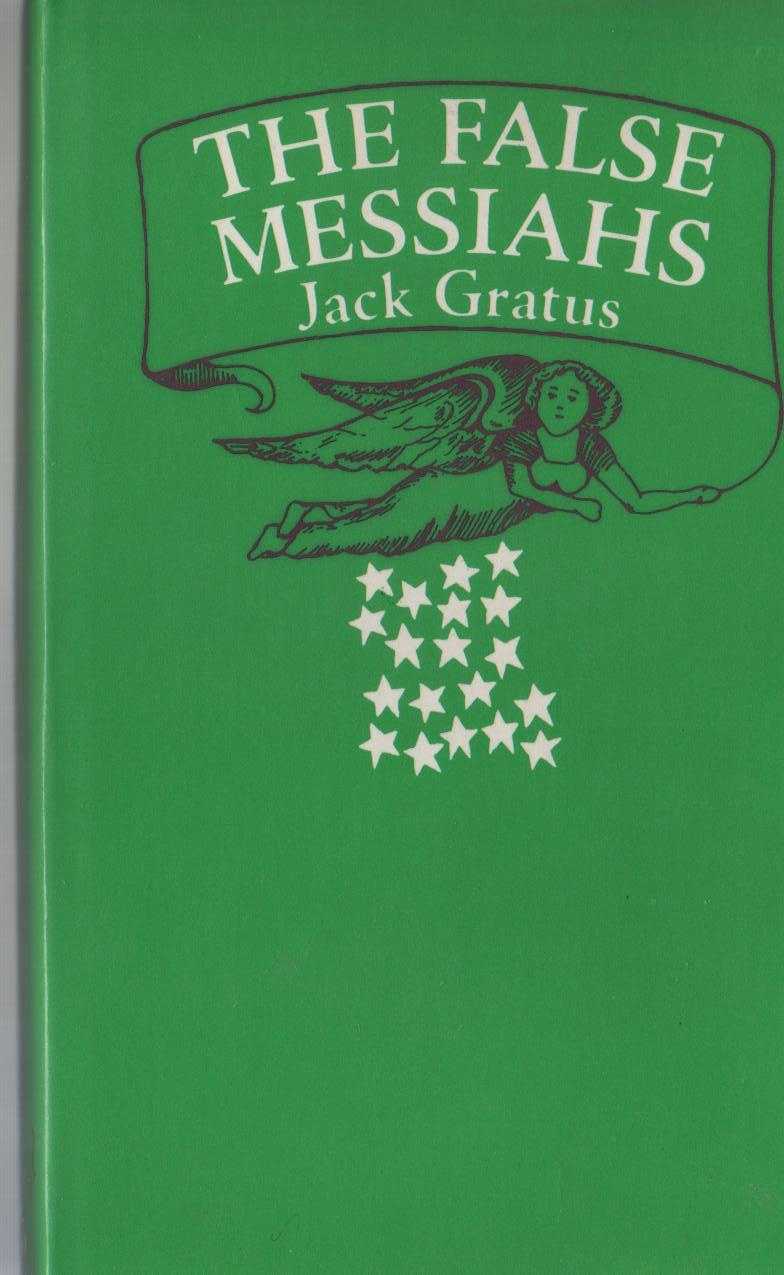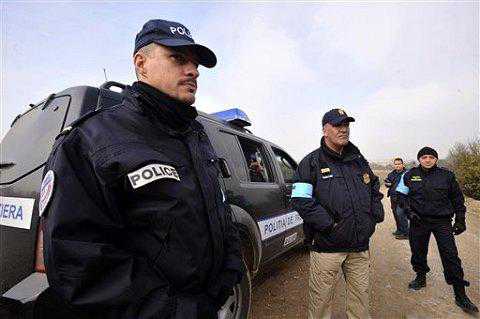
by Ed West
I’ve been reading Norman Stone’s excellent Turkey: A Short History. It’s worth looking at because in all the debate about Turkey, Europe and its potential membership of the EU, there’s an underling historical hostility, and Stone provides an alternative narrative. So while Turkish atrocities down the years are well known, they were often the victims, too, and in many parts of south-east Europe Muslims were victims of a borderline genocide.
Stone argues that the Turks have been much maligned in Europe, largely because of a casual anti-Turkishness started by well-placed Greeks in 19th-century London. These Greeks “were good at playing London, certainly much better than the Turks; they had a – the – Indo-European language, had shipping money, Masonic connections and, with marriages often enough in surprisingly high places, the right invitations. They were especially good at cultivating the Liberal Party.”
A century and a half of Greco-Turkish violence began in 1770 when Catherine the Great sent Russian officers to Morea, as the Peloponnese was known at the time, under the banner of Orthodox Christianity. In 1828 a clergyman proclaimed another rising, and organised a gruesome massacre of Muslims, killing the entire Muslim population of Corinth, including women and children, and even though they had agreed to leave with safe-passage organised by the British.
The Turks in retribution hanged the Patriarch and 20 other prominent Greeks, and then massacred the inhabitants of the wrong island, Chios rather than Samos. But despite this the Turks were bound to lose the PR battle: Europe, especially Germany, was in awe to Ancient Greece, and it was easy to take sides even when the story was more complicated. The Greeks were egged on by western romantics, such as George Gordon, Lord Byron, then living in the Adriatic in his mid-30s and “running out of inspiration and money”. Byron, according to Stone, was a bit of a prat, but was nevertheless a dashing figure and started a long process “by which western writers turn up in odd places to stand on barricades and say no pasaran”.
Being anti-Turkish became fashionable in the West, even though “when it came to atrocities, the Greeks gave as good as they got. Somehow, then and later, the Muslim victims were forgotten, and the Greeks were practised hands at image-management, whereas the Turks were not.”
Turkey made great progress in the mid 19th century, but it all unravelled after the panic of 1873, which sent the world economy into depression. There was an uprising in Herzegovina against a crackdown on tobacco-smuggling (still a major industry today – read the brilliant McMafia), followed by trouble in Bulgaria. Bulgaria was filled with refugees from Russian wars, Tatars and Circassians, as well as the native Muslims, called Pomaks, who had lived there for centuries and had good relations with their neighbours. Relations between Circassians and Bulgarian Christians, on the other hand, were tense, and resulted in a massacre of the latter.
This became a cause in the West, and Liberal leader William Gladstone went up and down Britain whipping up outrage, and writing a bestseller,Bulgarian Horrors and the Question of the East. Yet the Bulgarians were no innocents, and the British ambassador in Constantinople, Austen Henry Layard, told the foreign secretary that Gladstone was lying. As Stone says: “A curious collection of would-be high-minded clergymen, professors of English history who did not know anything substantial about the area, seem to have acquired a caricature vision of the Turks, lolling around in harems, smoking hashish and ravishing virgins.”
The worst violence was yet to come. In 1897 there was an uprising in Crete, still part of the empire, which eventually the Greeks won, but history ignores the unfortunate fact that Crete was one third Muslim. “Within a decade, Crete was in effect free, and what the world now knows as ‘ethnic cleansing’ went ahead – the Muslims cruelly pushed out, with a great deal of killing. If, two generations later, the Turks resisted very strongly over Cyprus, where there was a comparable situation, this needs to be put in context.”
Most controversially, Stone argues that if the mass murder of Armenians in World War One was genocide, then “it could legitimately be extended to cover the fates of the millions of Muslims driven from the Balkans or the Caucasus as the Ottoman Empire receded”.
The abiding hatred between Greeks and Turks culminated with the burning down of Smyrna, the transfer of a million and a half people in 1922 and, finally in 1955, the final pogrom that ended two and a half millennia of Greek life there.
Greek culture, that is, for the Turks themselves are largely descended from Greeks, and Stone goes as far as to say they are the real heirs to Byzantium. “Byzantium had really been destroyed by the Italians, not the Turks who, if anything, had saved it. Ancient Greece had been destroyed by Celts, after Alexander, and then she had been destroyed all over again by Slavs in the eight century. She had been re-hellenized by the Byzantines, and Greek nationalists could never agree as to whether they were Hellenes or – clerically – Byzantines.”
But, Stone says, the tragedy of Greco-Turkish hatred should not overshadow the achievements of the Turkish Republic, and especially its founder, Mustafa Kemal. The Turkish worship of Atatürk is strange to foreigners, but he was certainly one of the great men of the 20th century, and the achievements of secular Turkey in contrast to the failings of the rest of the Middle East are starting. And despite Recep Tayyip Erdoğan, Turkey remains “the only country between Athens and Singapore where, judging by the refugees, people actually wanted to live”.
Turkey’s success is illustrated by this one fact. Although there are five times as many Arab as Turkish speakers, some 11,000 books are translated into Turkish every year; just 300 into Arabic.
Ed West is a journalist and social commentator who specialises in politics, religion and low culture. He is @edwestonline on Twitter.
blogs.telegraph.co.uk, April 17th, 2011





